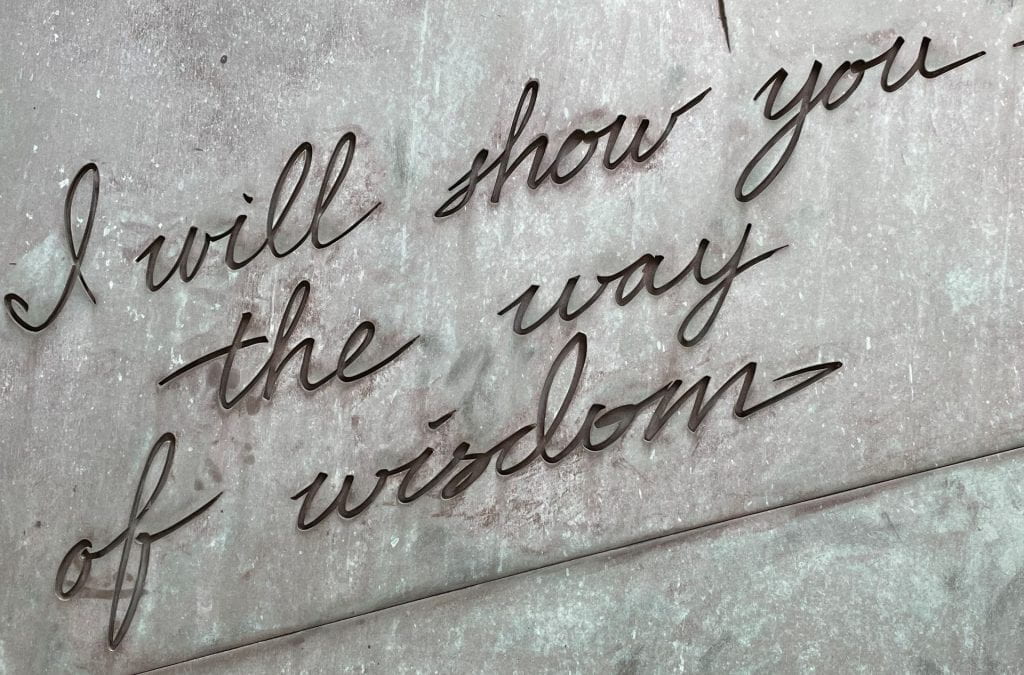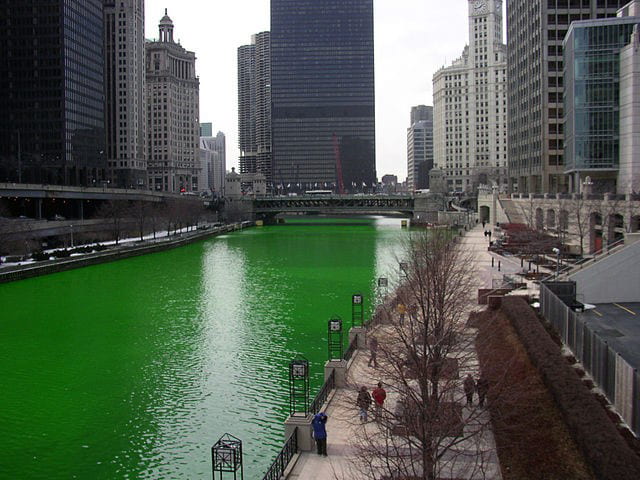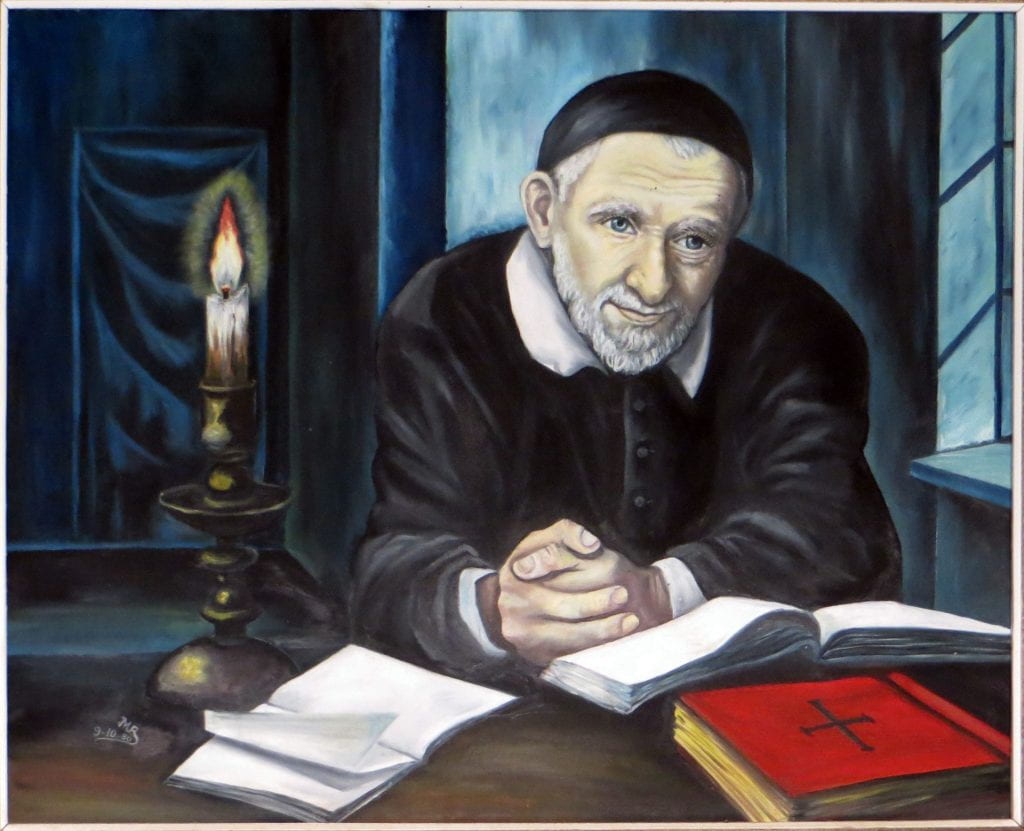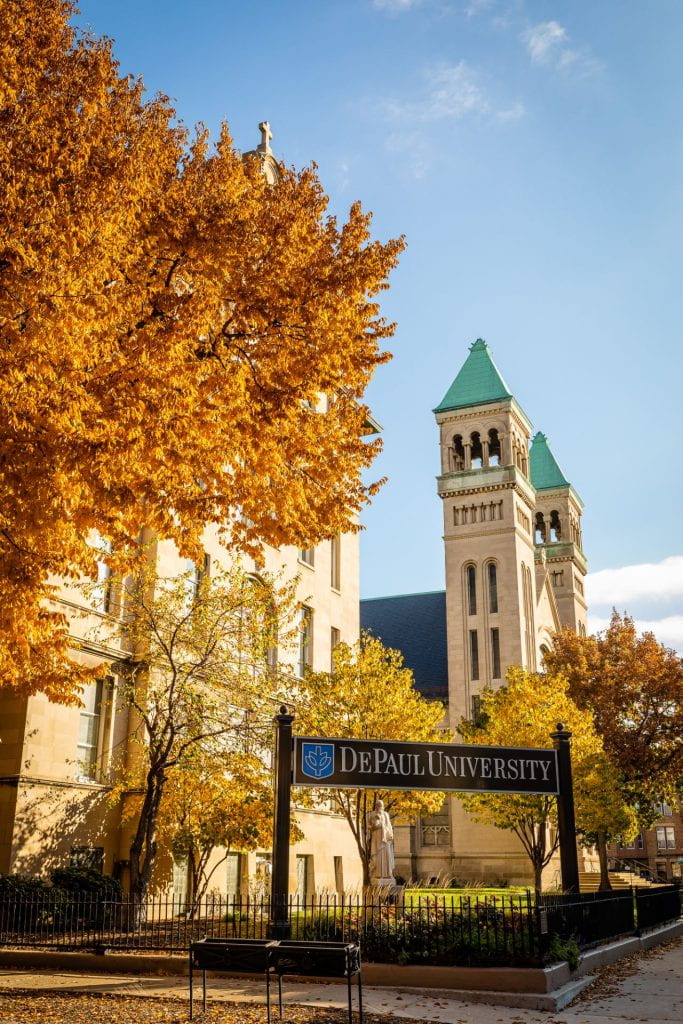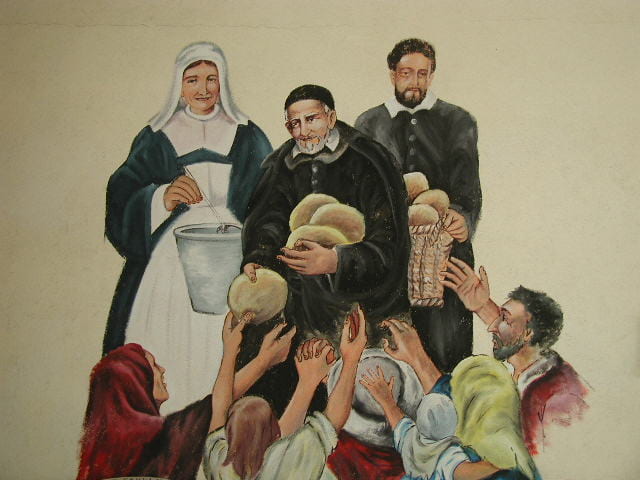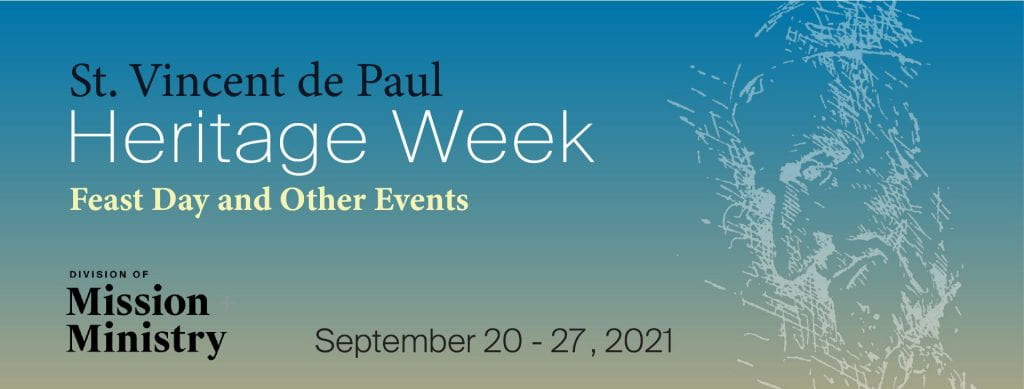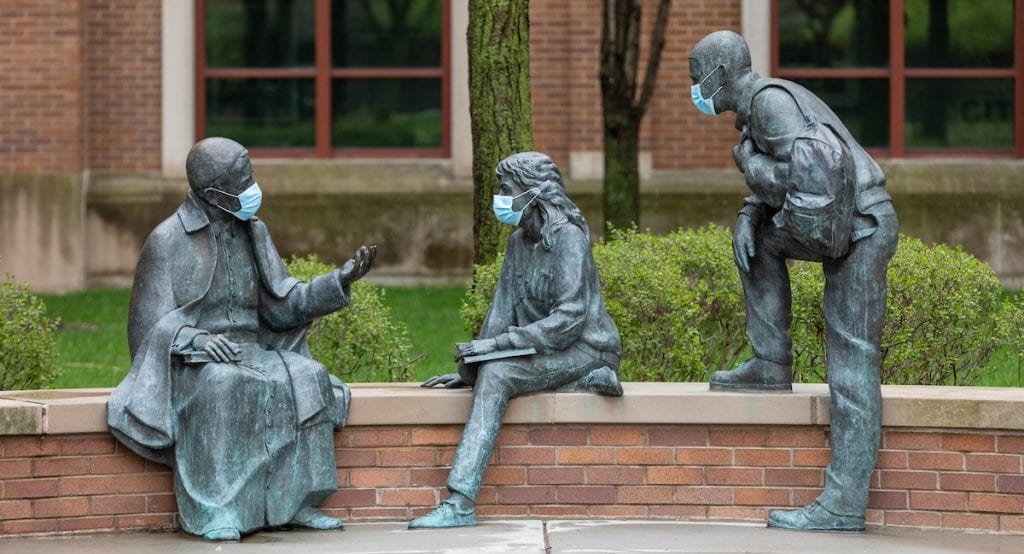 The following reflection is directed to DePaul University’s 2023 Graduates.
The following reflection is directed to DePaul University’s 2023 Graduates.
Most of the days of our lives pass by without leaving a trace. They accumulate in that nameless tomb that is unconsciousness. But there are a few days that we always remember because they mark moments that summarize long experiences, meaningful achievements, or even dramatic losses and sorrow. These few days define us. They are part of us even when we are not remembering them. It almost goes without saying that we are made of memories. I can anticipate that your graduation in June 2023, which most of you will remember forever, is going to be one of those days.
This day will always accompany you. It represents an important rite of passage, yet another representation of the inner liminality of your existence. Graduation day is a beginning and an end. A lot has happened, much more is to happen, more than you could and can ever imagine.
DePaul Class of 2023, during these last few years you have learned several things, some essential, some simply useful, and some unrelated to what you will need in life to find fulfillment and joy. You have made some friends for life, maybe even found first love, or perhaps love forever. You have met some people and events that inspired you, who changed your way of seeing the world, and who helped you find a life purpose that today seems like a destiny. We won’t ever forget that all of you even went through a global pandemic together!
In the past years, you have experienced epiphanies that are now leading your way into a future that we hope you are less afraid of than before. The constant experiences of perplexity, doubt, or simple frustration at the complexity of the world are also there in your growing experience, and they, too, slowly shed light onto the mystery of your life.
You’ve led the rhythm and intensity of your integral development over the past few years, and you’ve been inspired and supported by your families, friends, professors, and even the new people you met during university activities. The sum of all these relationships and interactions has probably been the most impactful dimension of your own epiphany at DePaul University.
I personally hope that in those nights of profound solitude, in moments of intense tension and academic anxiety, in relational, intercultural, interfaith, multiconvictional conflicts at the heart of this fascinating and diverse community, you grew closer to finding yourself. Never forget the moments of tears, fear, anxiety, and even anguish, the moments in which you were exposed to your own vulnerability, nor the moments of laughter, joy, innocence, inner peace, love, solidarity, and compassion—all those moments in which you became more aware than ever of your gift, your potential, your passion, your real purpose in life.
We all hope that after these past years at DePaul, in the Vincentian spirit, you came to understand more clearly the beauty and the challenges we all experience living in diverse communities of thought, faith, and action. I hope that you have learned that ethics belong to the order of relational practice and not simply of theory.
Before you go from our midst, I would like to invite the Class of 2023 to incorporate forever in your ethical imagination, if you have not yet, a Vincentian principle that will help you to be fully human in your thought, faith, and action: the principle of compassion that guided the lives of Vincent and Louise and that was the real engine of their individual and common imagination.
In the past years most of you probably have become aware, as Vincent did when he was young, of the unbearable levels of suffering throughout world history, the scandalous levels of violence and inequity, the progressive and dangerous growth of polarization, and the endless loneliness of millions and millions of people who carry the very heavy weight of injustice, discrimination, misunderstanding, and bitterness.
My friends, in your hearts there is written a human ethos that makes you want to include all those people—who, deep down, are each one of us—in the collective ethos of a humanity that is undeniably walking toward transforming change, real civilization, and a common home where there is radical hospitality. That space where tears can be cried without shame, or kindly wiped away.
The compassion I am talking about is not having pity for others, a feeling that reduces them to a condition of helplessness, without inner energy to stand upright. Compassion means being together in a shared passion. This ethos of compassion gives us the capacity to suffer with others, to rejoice with them, to walk with them together, elbow to elbow. Compassion was for Saint Vincent an ethical and spiritual path.
In your life, how are you be able to free yourself from suffering, loneliness, and fear?
In the Buddhist world tradition, they might respond to this question saying, “through compassion, infinite compassion,” and people from many worldviews could agree. In the Vincentian, Christian world we believe the same and invite others to do so as well, from wherever they stand.
To find your compassionate soul, as you graduate from DePaul University, have the courage to detach yourself from the apparent inner need of possessing things and people. Only in this way will you be able to transition by finding the most profound aspiration of our human existence, which is in communion. This communion always respects otherness and difference. Please be a light in this contradictory age, connect with others to exercise the human ethos of solidarity in all circumstances, let compassion guide your life … be an ethical person in all your words, faith, convictions, and actions. Thank you from all of us to all of you for the grace you share with us when you let us into the beautiful mystery of your lives. Congratulations Class of 2023. Never forget that you belong here at DePaul!
Reflection by: Fr. Guillermo (Memo) Campuzano, C.M., Vice President of Mission and Ministry
